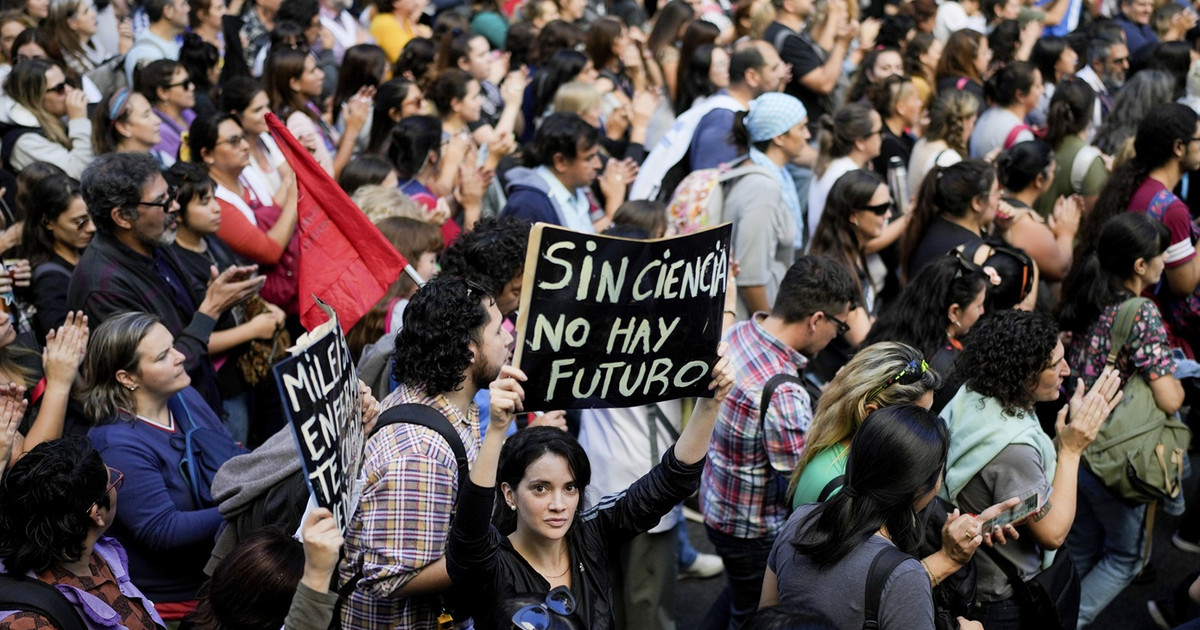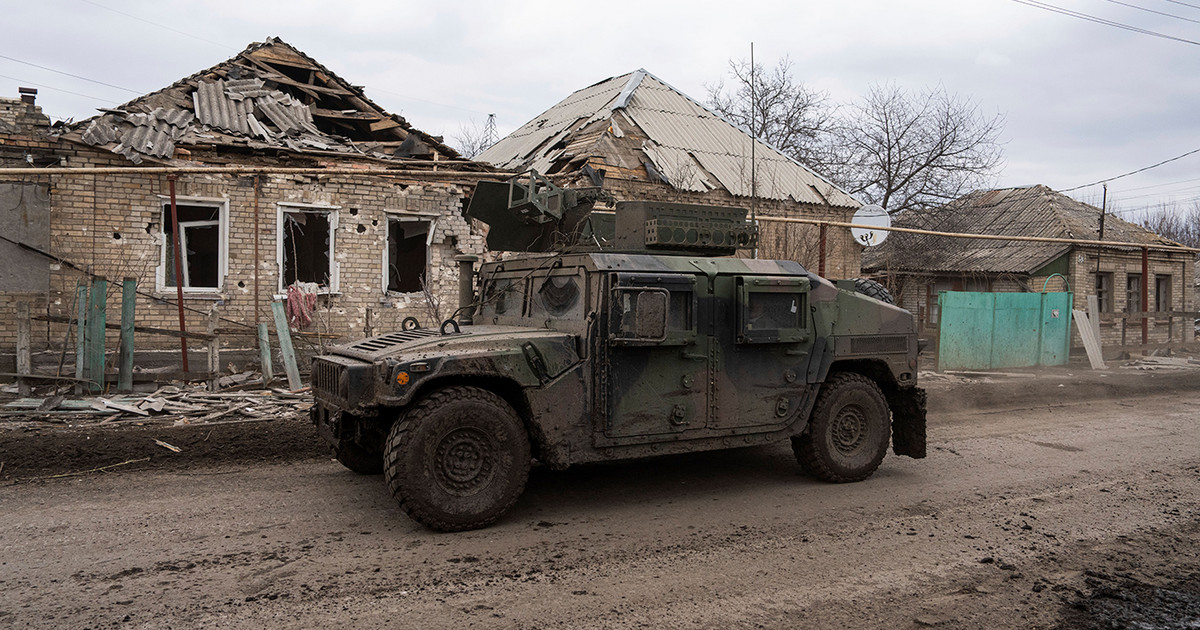In a document that will be sent to the presidential candidates starting this Thursday (23), the Brazilian Academy of Sciences lists recommendations for valuing science and education in Brazil.
The academy began the letter by stating that “Brazil needs a revolution in education” and emphasizes the importance of strengthening public and quality education.
“Although the country invests 6% of its GDP in education, this amount, when normalized by the number of students, results in an amount lower than that invested by other nations. Brazilian investment in higher education students follows the trend: although greater than the amount dedicated to basic education, it is still lower than what other nations invest in students in this segment of education”, says the document.
“Furthermore, 75% of enrollments are in private institutions, most of which are for-profit and of low quality, contrasting with the role of these institutions in developed countries, where they are in the minority”, he adds. According to the ABC letter, more than 90% of all research carried out in the country is carried out in public universities.
According to ABC, among the fundamental recommendations is the allocation of at least 2% of GDP to Science, Technology and Innovation (ST&I) by 2026. According to the entity’s president, Helena Nader, Brazil currently invests less than 1 % for scientific development.
“If we manage to get Brazil to really adopt State policies, which transcend the government, we will have the social, sustainable and economic development that the country so much deserves, especially for young people”, highlights Nader.
Also according to Helena Nader, it is necessary for government officials to allocate resources to the recomposition of the budget of public universities in the country, to prevent the closure of institutions.
“When you withdraw resources from Science, Technology and Innovation, you threaten the closure of institutions. The lack of funding and the lack of understanding of the importance of these areas, starting with education and ending with innovation, is a lack of strategic vision for the nation. It goes against everything that the so-called developed countries are doing”, warns Helena.
The researchers also cite the importance of science to combat Covid-19 during the health crisis. “For science to be able to continue contributing to the development of Brazil, it is essential that it has robust, continuous and growing funding, which allows it to face the country’s great challenges – present and future”, points out the entity.
In addition to presidential candidates, the document must also be sent to candidates for state and Federal District governments, in addition to being available to everyone on the ABC website.
Main suggestions:
- Increase the percentage of GDP invested in ST&I in Brazil to at least 2% in the next quadrennium;
- To train researchers (masters and doctors) so that, in ten years, we can reach the milestone of 2 thousand researchers per million inhabitants;
- Guarantee public universities and federal technical institutes a robust budget, with financial allocation governed by multi-annual plans, in order to give rise to bolder, long-term initiatives and goals, thus helping to strengthen them in the local, national and international scenarios;
- Increase the quantity and value of CNPq, Capes and Research Support Foundations Masters, Doctoral and Post-Doctoral scholarships, in order to correct the deterioration of their value with inflation, aiming to enhance the career of a researcher and attract more students for these training paths. The Scientific Initiation Scholarship Program must be expanded and the scholarship values readjusted in the same way;
- Stimulate and support connectivity in schools and universities, especially in teacher training for basic education;
- Maintain and expand affirmative action policies and student permanence grants, preventing dropout in higher education.
- Reconstitute the National Council of Science and Technology as an instance of planning and definition of policies for the sector;
- Ensuring that the FNDCT is a financial fund not subject to the retention of its resources, adopting the release of these by twelfths and strengthening its board of directors for decision-making, with greater protagonism of the scientific and business communities and the ICTs;
- Increase to 85% the share of non-reimbursable resources in the total investments of the FNDCT, whose mission, like Finep, should be scientific and technological development, and not the role of a banking institution;
- Emphasize the training of scientists in Brazil, respecting the cultural, ethnic and social characteristics of the different regions of the country;
- Fund research in the area of human and social sciences that help to understand the current challenges of Brazilian society and support the creation of public policies that address them;
- Fund research in the area of human and social sciences that help to understand the current challenges of Brazilian society and support the creation of public policies that address them;
Debate
THE CNN will hold the first presidential debate of 2022. The clash between the candidates will be broadcast live on August 6, on TV and on our digital platforms.
Source: CNN Brasil
I’m Susan Karen, a professional writer and editor at World Stock Market. I specialize in Entertainment news, writing stories that keep readers informed on all the latest developments in the industry. With over five years of experience in creating engaging content and copywriting for various media outlets, I have grown to become an invaluable asset to any team.






